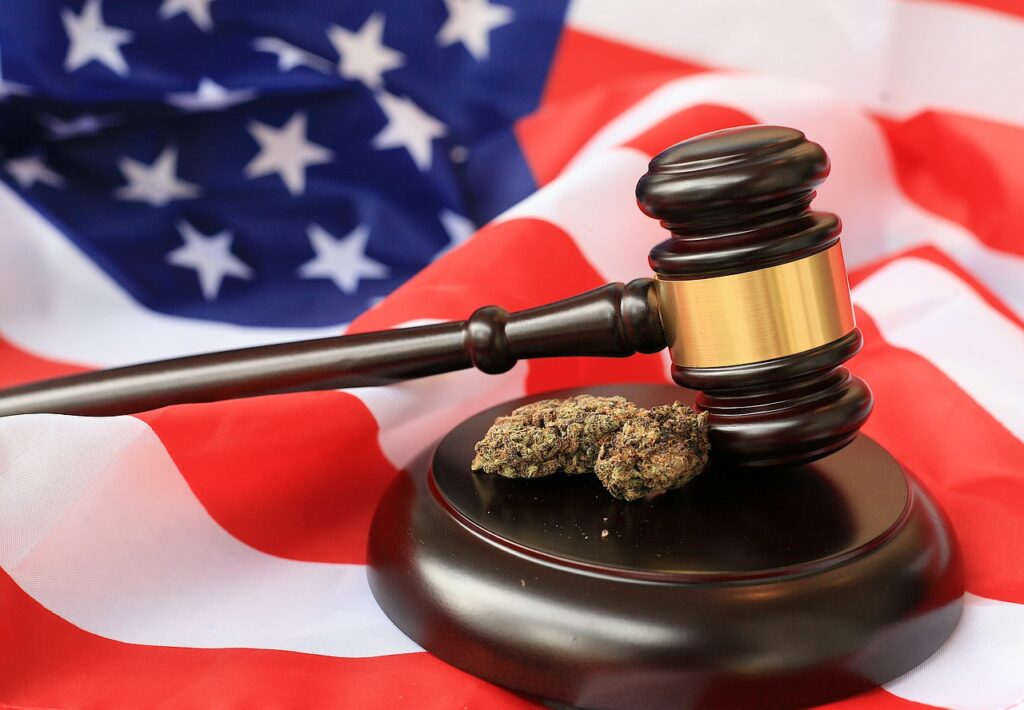CBD (cannabidiol) and hemp have become increasingly popular due to their purported benefits. However, many people are still confused about the legal status of CBD and hemp in the United States. This article will explore the legal landscape surrounding CBD and hemp and how it affects consumers.
Firstly, it is crucial to understand the difference between hemp and marijuana. Both are varieties of the cannabis plant, but hemp contains very low levels of THC (tetrahydrocannabinol), the psychoactive component that gives marijuana its “high.” In contrast, hemp is cultivated for its fiber, seeds, and oil, which can be used in various products, including clothing, paper, and cosmetics.
Hemp-derived CBD has gained popularity recently due to its purported benefits, such as reducing inflammation, pain, and anxiety. The legality of CBD and hemp is complex and has evolved. In 2018, the Agriculture Improvement Act, also known as the 2018 Farm Bill, was signed into law, which removed hemp from the list of controlled substances and legalized its cultivation and sale.
Under the 2018 Farm Bill, hemp-derived CBD is legal if it contains less than 0.3% THC. Some states have legalized medical and recreational marijuana, while others have only legalized medical marijuana. It is important to check local laws before purchasing CBD products.
The FDA (Food and Drug Administration) has also issued guidelines regarding the use of CBD in food, beverages, and dietary supplements. In conclusion, CBD derived from hemp with less than 0.3% THC is legal at the federal level in the United States. However, state laws may vary, so it is important to check local laws before purchasing CBD products. As the legal landscape surrounding CBD and hemp evolves, consumers should stay informed about the latest regulations and guidelines to make informed decisions about their health and wellness.
Refer to the below link for additional details.

